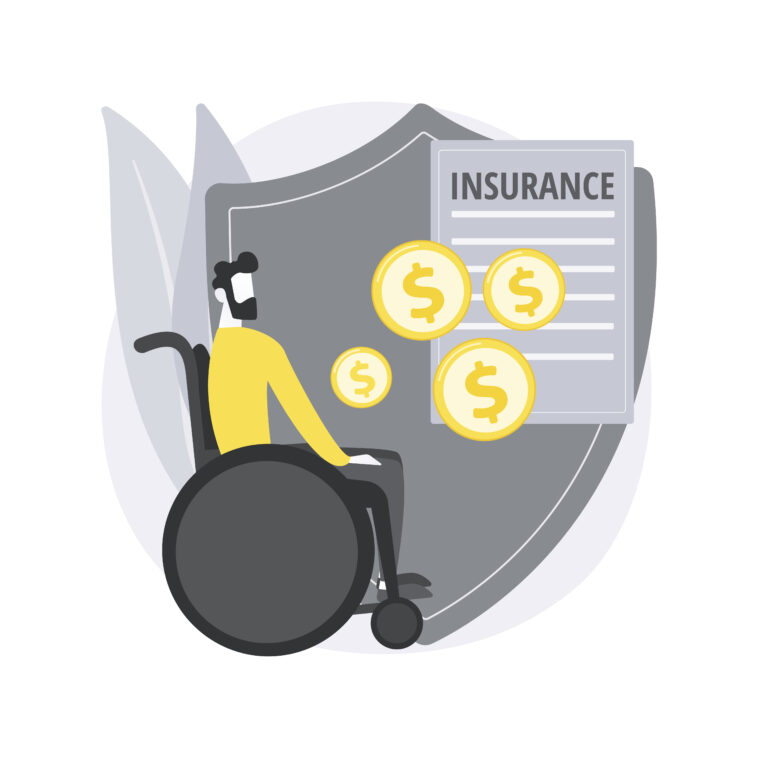Accidents happen. They’re an undeniable, albeit unfortunate, part of life’s journey. But what follows can be a maze of medical bills, lost wages, and unexpected expenditures. This is where Personal Injury Protection (PIP) gracefully steps in, serving as a comforting cushion against the financial aftershocks of accidents. Join us as we demystify PIP, understanding its pivotal role, its intricate coverage, and how it can be a beacon of relief in tumultuous times.
Decoding Personal Injury Protection
Personal Injury Protection, often dubbed “no-fault insurance,” provides coverage for medical expenses and, in many cases, lost wages and other damages, irrespective of who’s at fault in an accident. It’s a layer of protection that operates independently of the blame game, ensuring that those injured receive prompt medical attention and financial support.
The Significance of PIP
With myriad insurance options available, one might ponder, ‘Why is PIP so integral?’
Immediate Medical Coverage: PIP ensures that medical bills are promptly addressed, allowing for timely and uninterrupted medical care post-accident.
Lost Wage Compensation: Accidents can render one unable to work, leading to potential income loss. PIP steps in to bridge this financial gap.
Service Replacement: If you’re unable to perform daily tasks, PIP might cover costs of services like childcare or housekeeping.
Funeral Costs: In tragic instances where accidents lead to fatalities, PIP can assist with funeral-related expenses.
No-Fault Efficiency: As a no-fault insurance, PIP eliminates the lengthy process of determining accident liability, ensuring swift financial assistance.
Understanding PIP Coverage
The realm of PIP is vast, covering a range of potential expenses:
Medical Expenses: This includes surgeries, X-rays, ambulance fees, rehabilitation, and more.
Lost Wages: Compensation for income lost during the recovery period post-accident.
Replacement Services: If injuries prevent one from performing household tasks, PIP can cover service replacements.
Funeral Expenses: Covering costs related to funerals in the event of fatal accidents.
Key Considerations
While PIP is a boon, there are aspects to ponder and evaluate:
State Regulations: PIP is mandatory in some states and optional in others. Understanding local regulations is crucial.
Coverage Limit: Policies have a maximum limit, post which the policyholder must cover additional costs. Evaluate needs against policy limits to ensure adequacy.
Deductibles and Premiums: Higher deductibles often mean lower premiums, but this also means out-of-pocket costs before PIP kicks in. Find the right balance.
Overlap with Health Insurance: If you have health insurance, ensure that PIP complements it without unnecessary overlaps.
Is PIP Right for You?
The decision to opt for PIP is personal and varies based on individual circumstances:
No Health Insurance: If you lack a health insurance plan, PIP is invaluable, ensuring medical coverage post-accident.
High Medical Deductible: For those with high-deductible health plans, PIP can bridge the gap, covering medical costs before the health insurance kicks in.
Frequent Passengers: If you often travel with passengers who might not have adequate health insurance, PIP ensures their protection in the event of an accident.
Conclusion
Accidents are life’s unexpected jolts, often leaving a trail of physical, emotional, and financial upheaval. While we cannot predict or prevent every mishap, we can certainly equip ourselves with a safety net. Personal Injury Protection stands as this robust net, catching us during life’s falls, ensuring that injuries don’t translate into insurmountable financial burdens. As you journey through life’s winding roads, let PIP be your co-passenger, guarding, guiding, and granting peace amidst the unpredictabilities.

